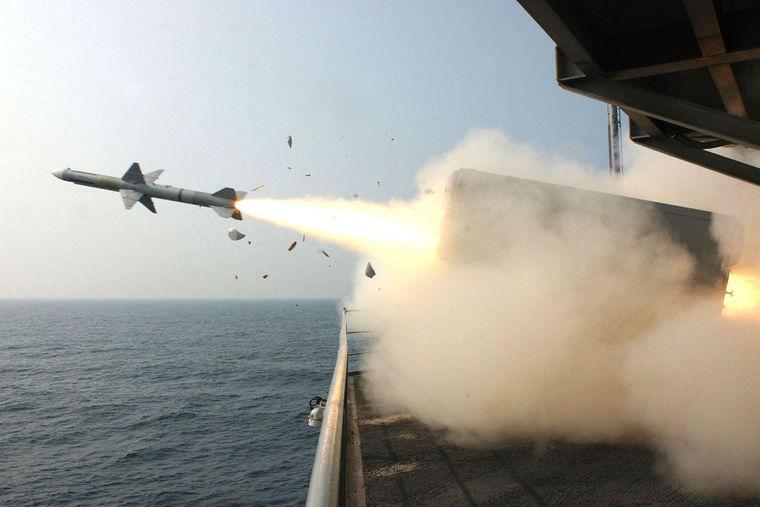Russia secretly deploys cruise missiles violating arms control treaty, say US officials

Your support helps us to tell the story
From reproductive rights to climate change to Big Tech, The Independent is on the ground when the story is developing. Whether it's investigating the financials of Elon Musk's pro-Trump PAC or producing our latest documentary, 'The A Word', which shines a light on the American women fighting for reproductive rights, we know how important it is to parse out the facts from the messaging.
At such a critical moment in US history, we need reporters on the ground. Your donation allows us to keep sending journalists to speak to both sides of the story.
The Independent is trusted by Americans across the entire political spectrum. And unlike many other quality news outlets, we choose not to lock Americans out of our reporting and analysis with paywalls. We believe quality journalism should be available to everyone, paid for by those who can afford it.
Your support makes all the difference.Russia’s relationship with the US has encountered a new challenge after it was reported that Moscow had secretly deployed a new cruise missile amid complaints that it had violated a landmark arms control treaty.
A report said that the ground-launched cruise missile is one that the Obama administration said in 2014 had been tested in violation of a 1987 treaty that bans American and Russian intermediate-range missiles based on land.
Without providing any evidence to support the claim, the New York Times said US officials had said the Russians have two battalions of the prohibited cruise missile. One is still located at Russia’s missile test site at Kapustin Yar in the country’s southeast.
The latest report came as the Trump administration is dealing with the impact of the resignation of Michael Flynn, as national security advisor.
The former general was obliged to stand down after he misled officials about the details of a telephone conversation he had with the Russian Ambassador to the US before Mr Trump took office. A month ago, the acting attorney general, told Mr Trump’s senior officials that Mr Flynn may be vulnerable to blackmail as a result of the conversation.
Steven Pifer, a former US Ambassador to Ukraine and a fellow at the Brookings Institution, said the news was not entirely surprising given the Obama administration’s warning three years ago.
He said that while the deployment of cruise missiles by Russia would not impact the US, unless they were deployed opposite Alaska, countries in Europe and Asia would likely be alarmed.
As to the prospects of a reset in US-Russia relations, he told The Independent: “The prospect of there being a change in US-Russia relations has just had another problem thrown into the pot.”
Mr Trump has concerned arms control advocates by many of his comments, some of which where he said it may not be a bad thing if countries such as Japan and North Korea, developed their own nuclear weapons.
During a call with Russian President Vladimir Putin, Mr Trump reportedly dismissed the 2010 New START treaty as one of several bad deals negotiated by the former.
The treaty caps the number of nuclear warheads the United States and Russia can deploy.
Mr Trump also tweeted in December that “the United States must greatly strengthen and expand its nuclear capability until such time as the world comes to its senses regarding nukes”.
He subsequently said: “Let it be an arms race. We will outmatch them at every pass and outlast them all.”
Join our commenting forum
Join thought-provoking conversations, follow other Independent readers and see their replies
Comments